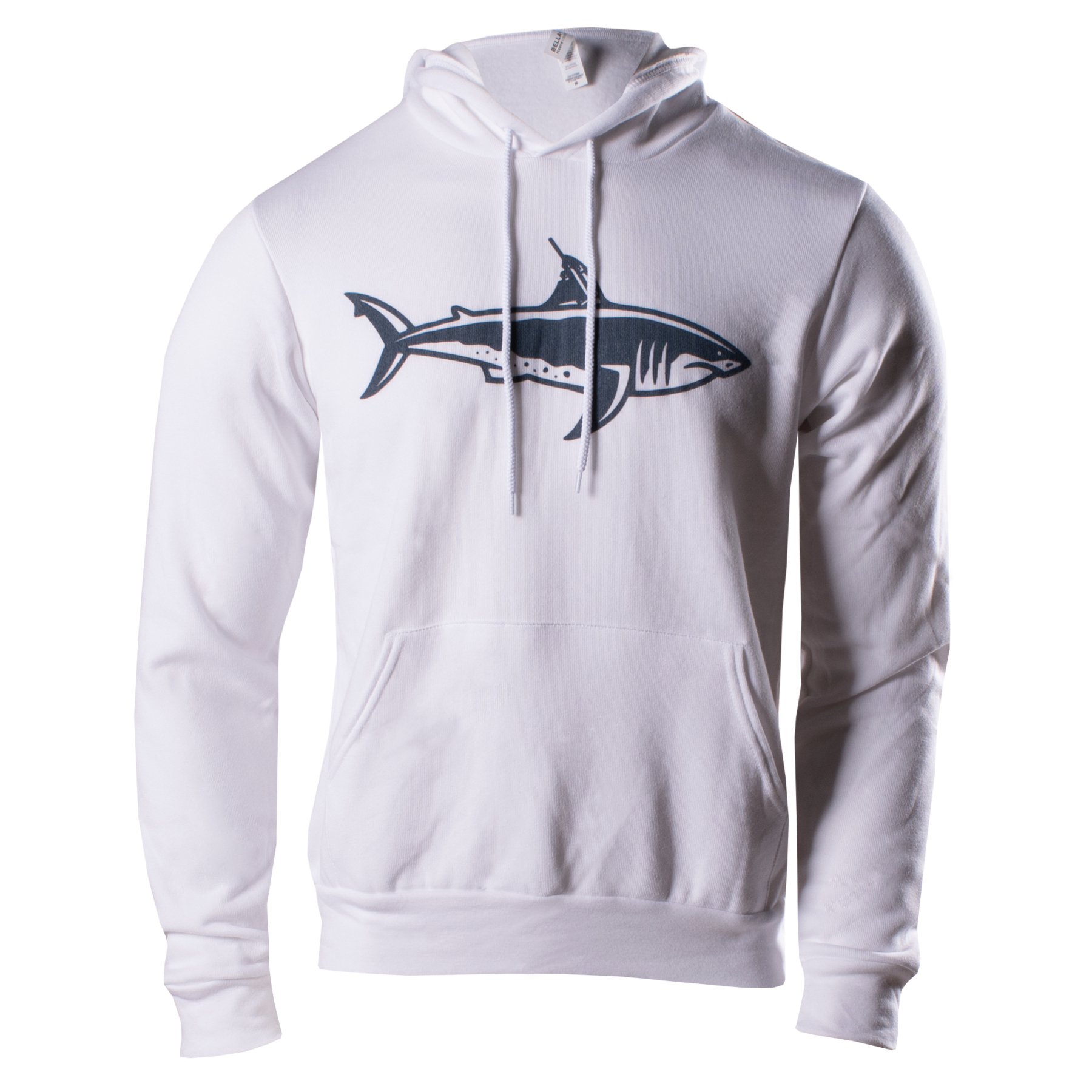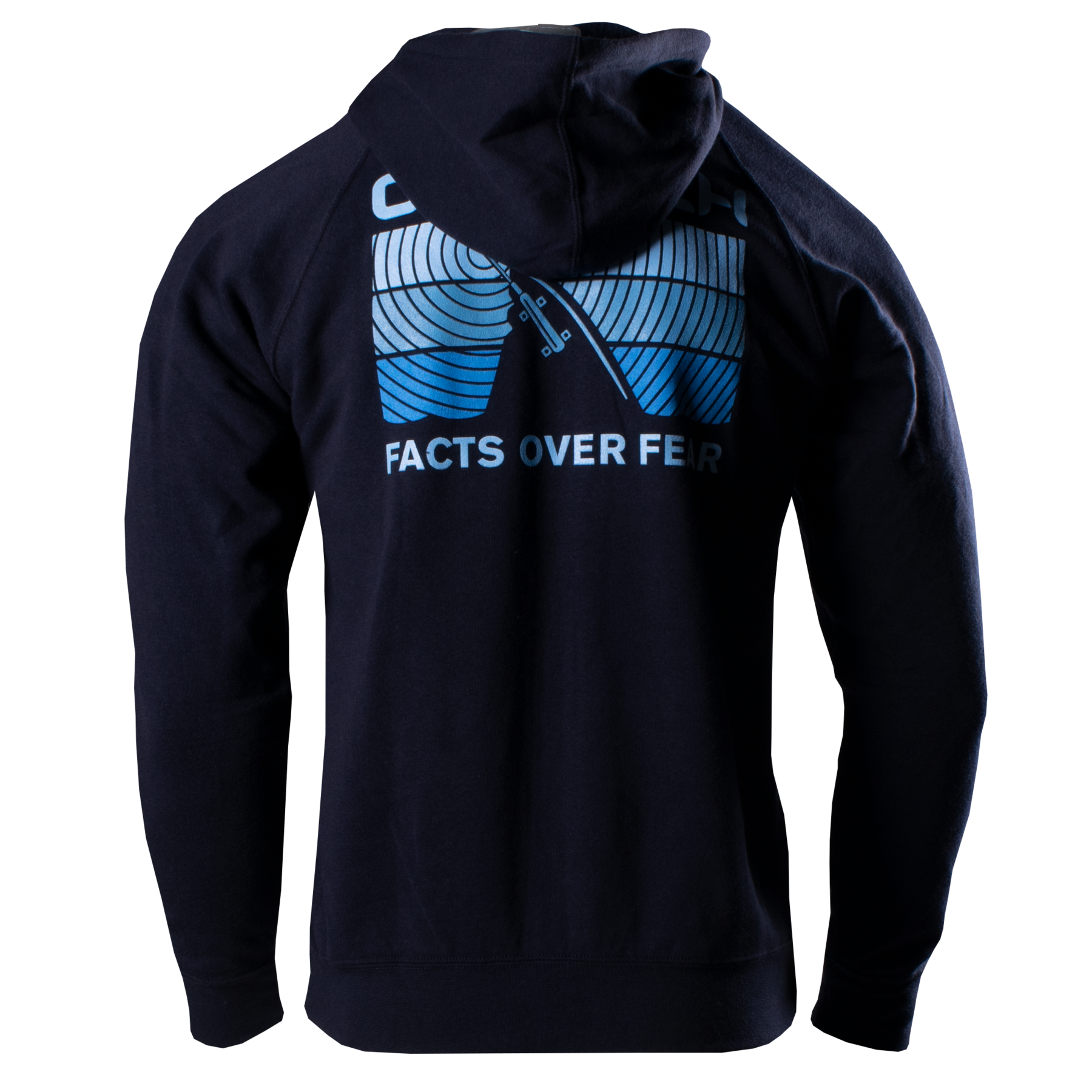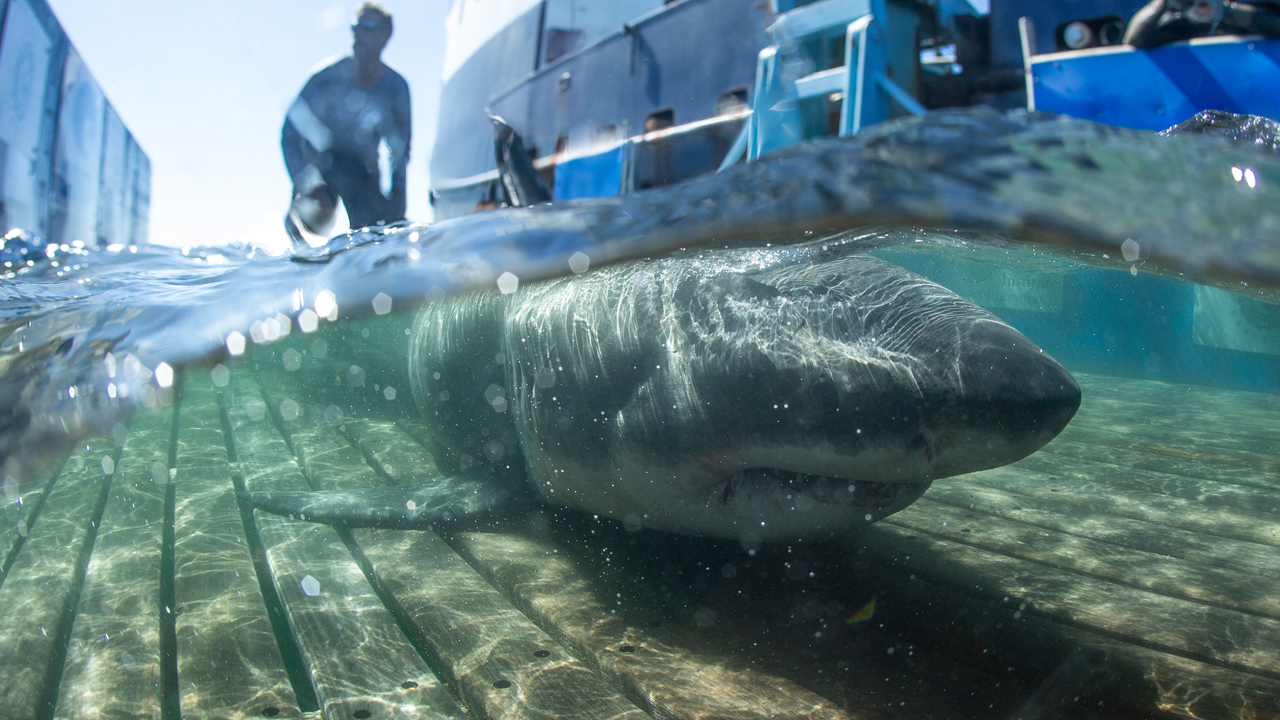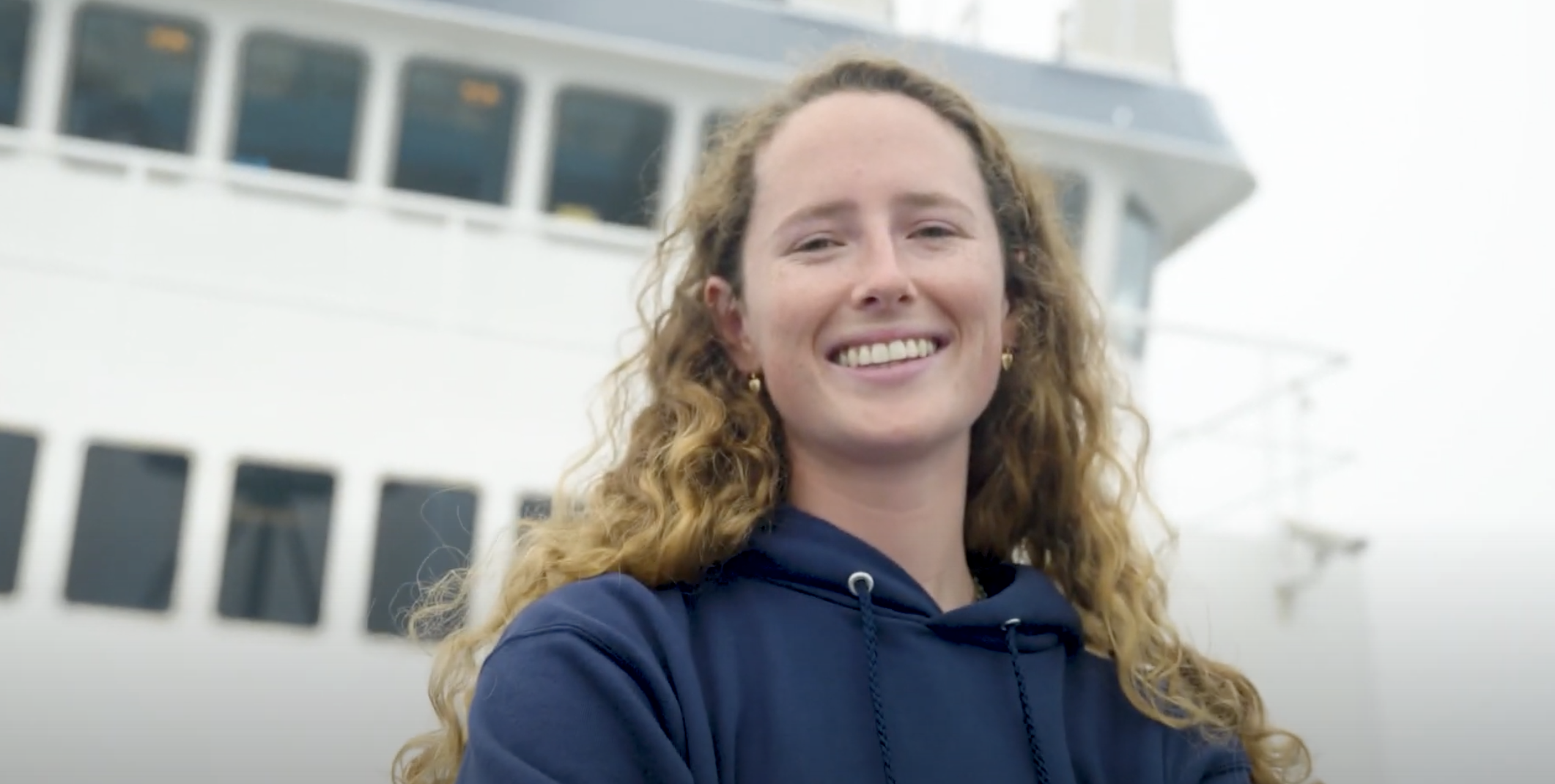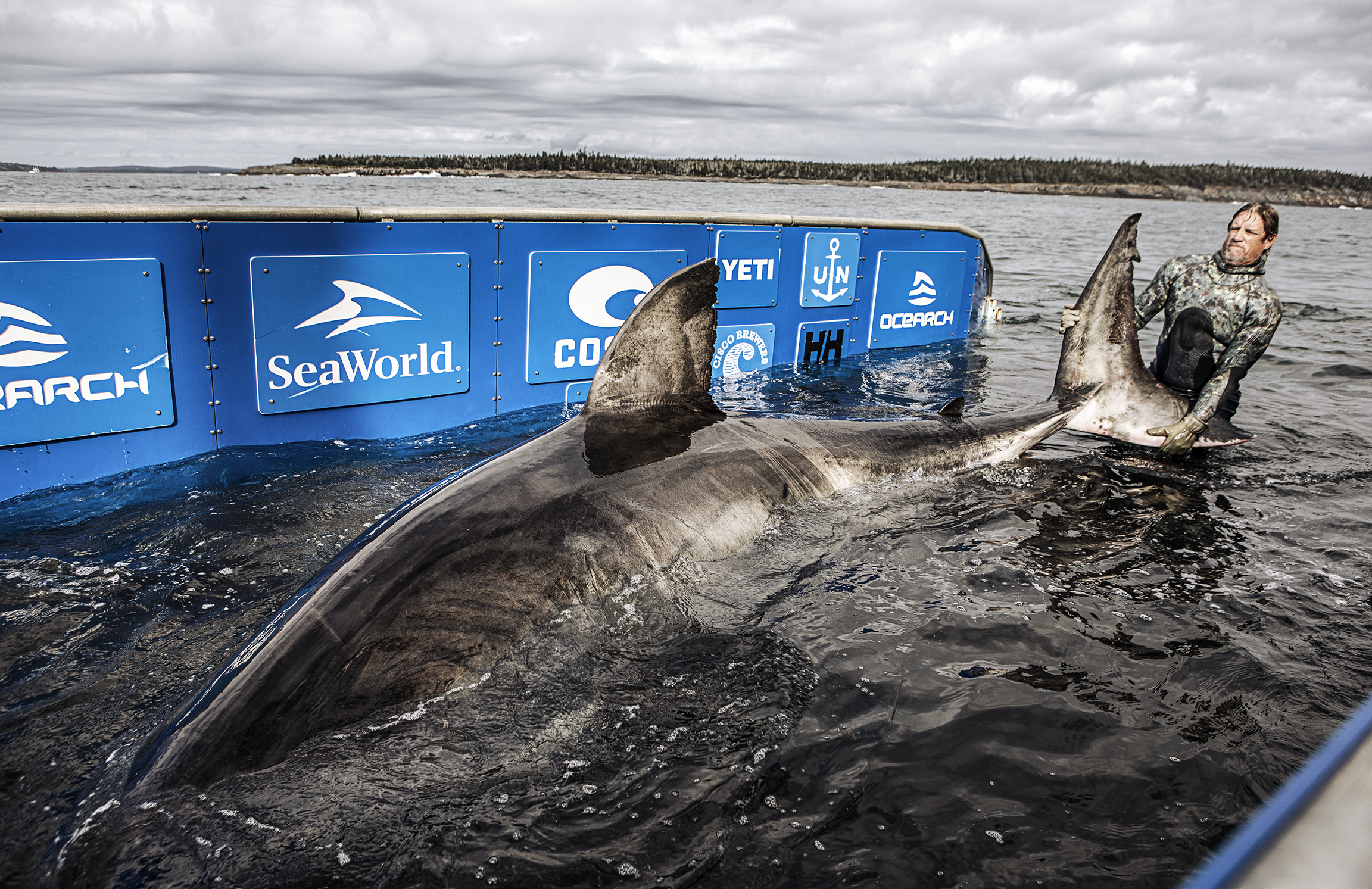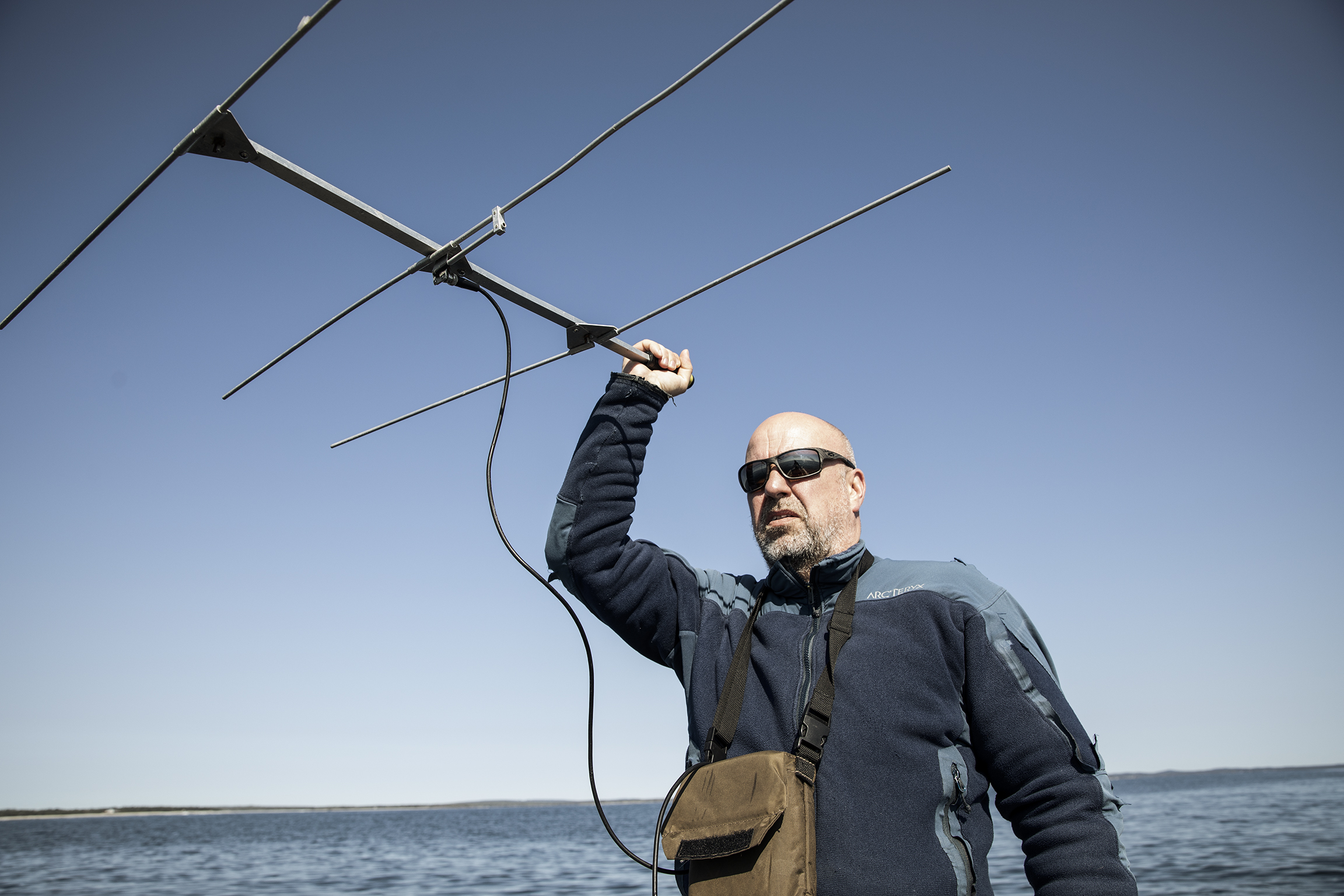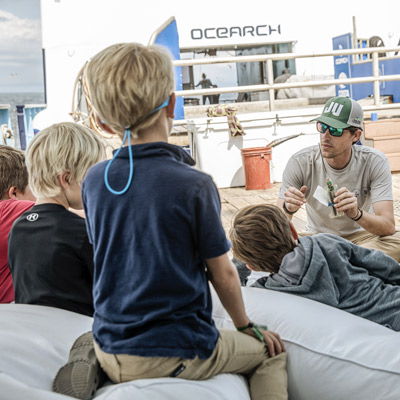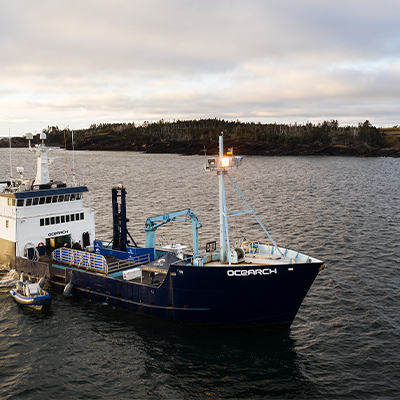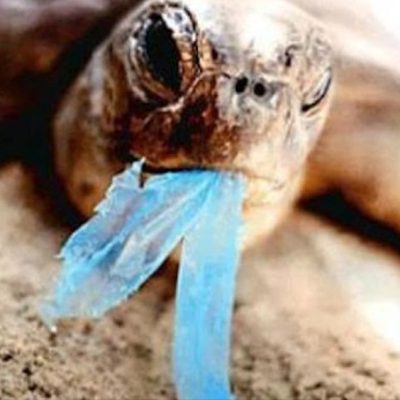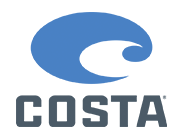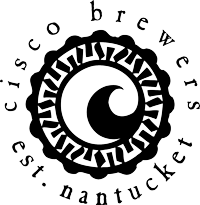OCEARCH returns to Atlantic Canada for the 4th year to embark on our 42nd Ocean Research Expedition in the waters off of Nova Scotia. After tagging 73 total white sharks in their Northwest Atlantic White Shark study, 26 of which were tagged off of Nova Scotia, OCEARCH has helped unveil this region as a vital hotspot for the Northwest Atlantic white shark.
Alongside 42 collaborators from 29 organizations, Expedition Nova Scotia 2021 will increase our study’s sample size and collect data for 24 different science projects which will help form a complete picture of the life and health of the white shark in the Northwest Atlantic Ocean. OCEARCH’s Northwest Atlantic White Shark Study is the most comprehensive study of white sharks in the world and includes:
• Full health assessments of each shark
• Microbiological Studies
• Microplastic-associated toxin exposure
• Movement, Temperature, and Depth Studies through the use of 3 different tags
• And More…
Expedition Nova Scotia 2021 takes place from September 7 – 30 and will help expand our knowledge on the white sharks that spend their Summer and Fall in Canadian waters.This information will then be used to help guide responsible public safety efforts.
Explore alongside us in real time @OCEARCH.
24
24
10
42
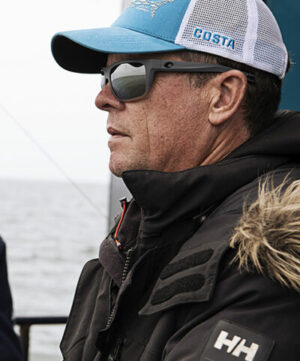
Fischer
OCEARCH
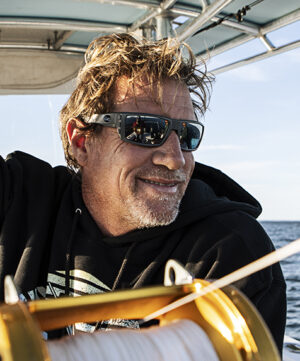
McBride
OCEARCH
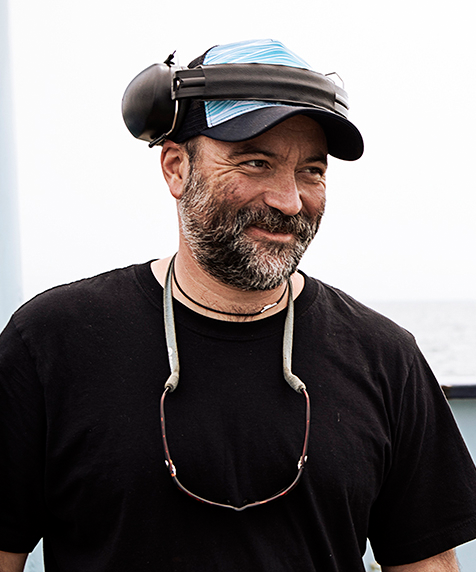
Dave Stevenson
OCEARCH
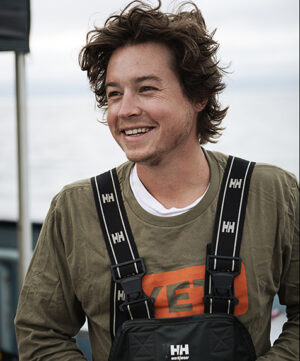
Lettieri
OCEARCH
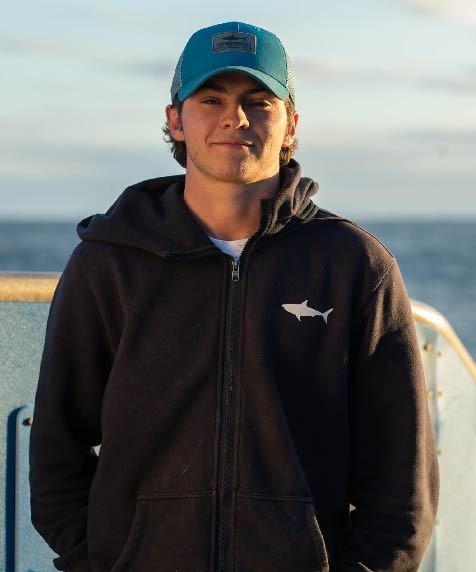
Purcell
OCEARCH
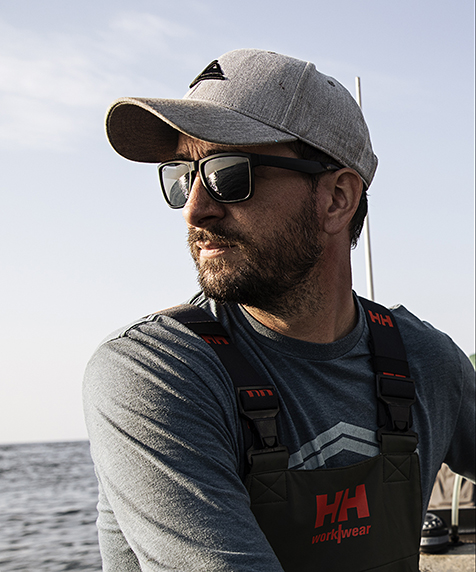
Barker
OCEARCH
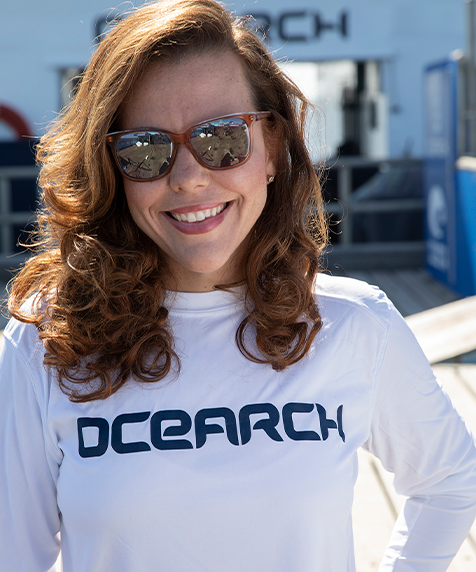
Ubatuba
OCEARCH
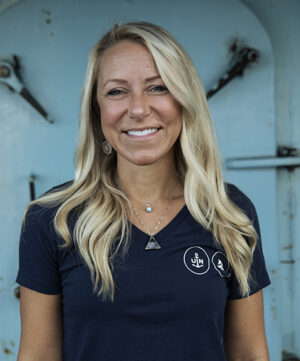
Nicole Ralston
OCEARCH

Stephanie Brown
OCEARCH
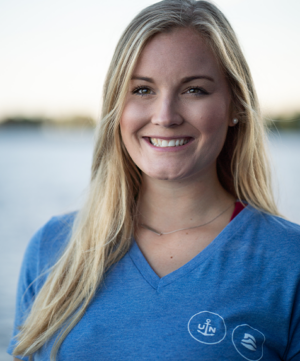
Paige Finney
OCEARCH
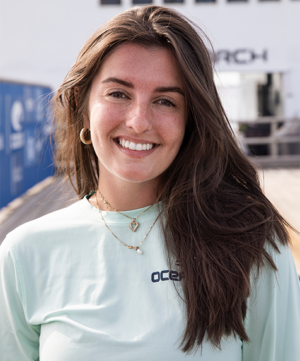
Avery McAlhany
OCEARCH
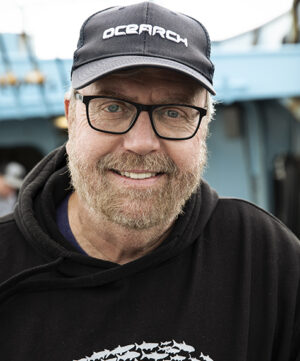
OCEARCH

OCEARCH

Jacksonville University
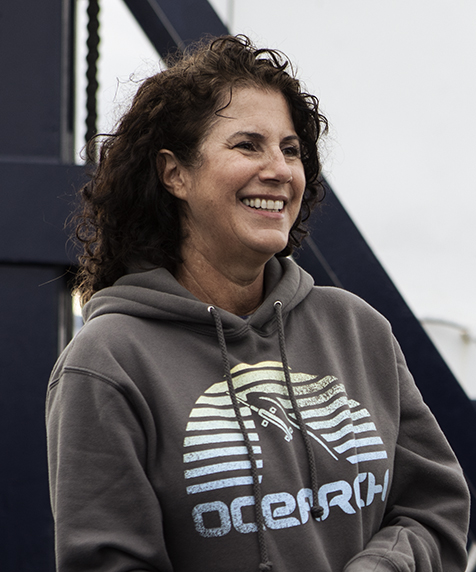
Kim Ritchie
University of South Carolina Beaufort
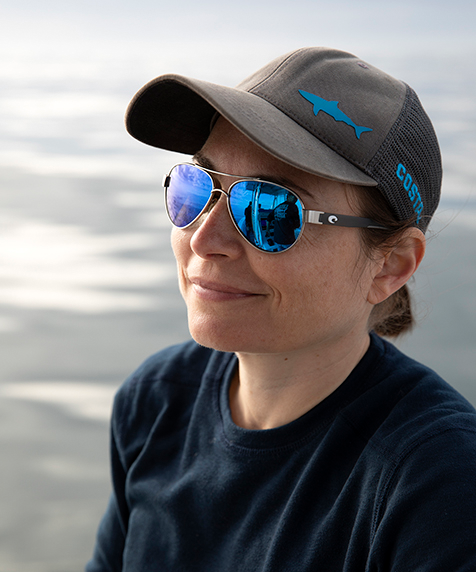
Disney’s Animals, Science and Environment

Carl Safina, Ph.D.
Stony Brook University
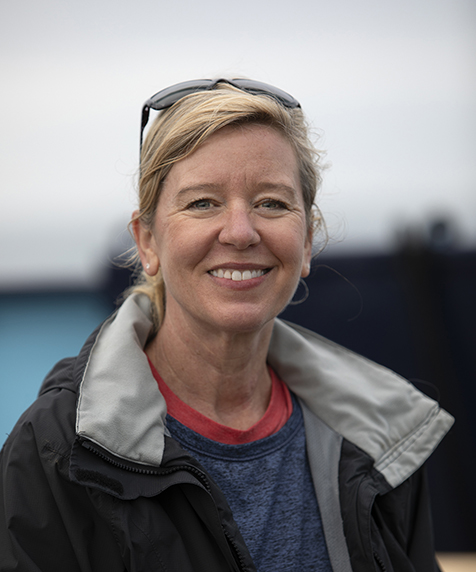
Ocean First Institute
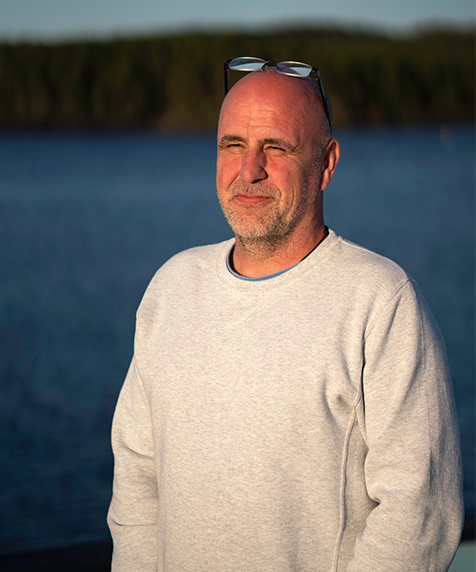
Nigel Hussey, Ph.D.
University of Windsor
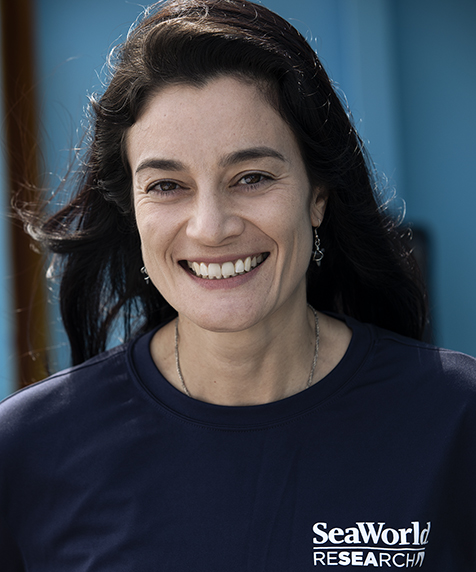
SeaWorld Orlando
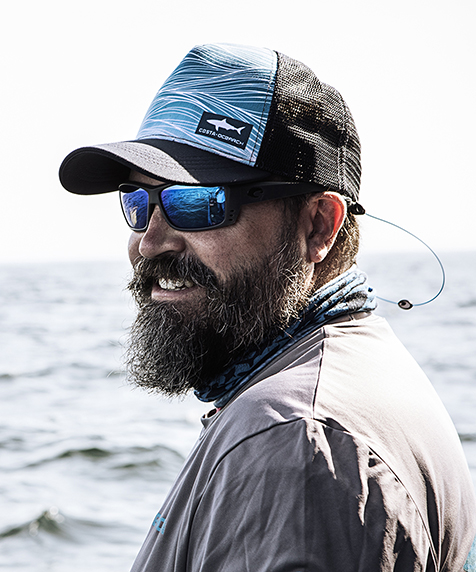
Michael Hyatt, DVM, Dipl. ACZM
New York Aquarium Wildlife Conservation Society

George Knowles
Goodie Pocket Films

Christopher Ross
ChrisRossPhoto.com

Jessica Wiebe
jessicalynnwiebe.com
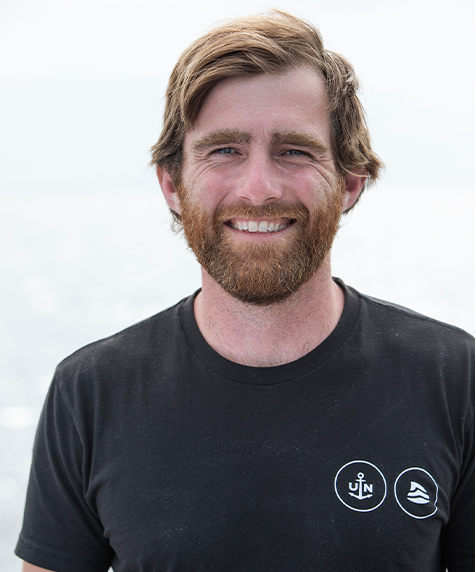
Harrison Newman Jardine
Elevated Pictures

Lucy Deignan
University of Virginia
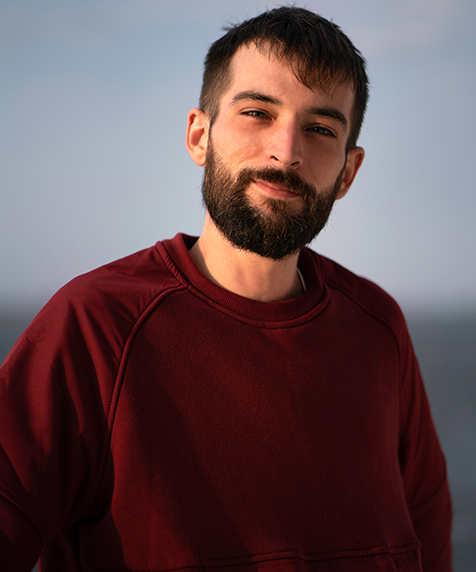
Zach Lewis
OCEARCH
Help us fund 5 new SPOT Tags for Expedition Nova Scotia. Our goal is to sell 250 shark inspired hoodies to help us purchase the satellite tags that let us track animals on our Global Shark Tracker! We couldn’t do what we do without the support from you and our proud partners!
-
NOVA SCOTIA & WHITE SHARKS“It’s a wonderful thing in science when you have that serendipity moment where you actually see that something is happening that you didn’t predict, you follow up on it and you discover something great. And that’s what we’ve discovered here in Nova Scotia, this remarkable aggregation of white sharks that come here every summer to feed.” – OCEARCH Chief Scientist Dr. Bob Hueter
-
MEET OCEARCH’S SCIENCE & EDUCATION INTERN“Getting to work with all the scientists is really special. Getting to know what they’ve done, what they’re interested in, how they got there, how I might be able to get there. It’s given me a lot of new perspectives.” – OCEARCH Science and Education Intern Lucy Deignan
-
DR. NIGEL HUSSEY & BIOLOGGER PACKAGES“OCEARCH provides a platform that gives the actual the time and focused attention on the white shark in Atlantic Canada and that is absolutely key if we are going to address and derive the data that we need for management and conservation.” – Dr. Nigel Hussey, Associate Professor of Integrative Biology at the University of Windsor
What is the North Atlantic White Shark Study
This project began in 2012 and has been called the “North Atlantic White Shark Study”. The purpose of this project is to solve the life history puzzle of the North Atlantic White Shark by gathering the appropriate data that would tell us where this population breeds, feeds and gives birth. The way to do this is by tagging at least 10 sharks of each sex in three categories: juvenile, immature, and mature.
What type of studies do you expect to run during this expedition?
This expedition is supporting 20 individual studies from 21 institutions around the continent. In addition to putting tracking devices on the animals, researchers will take a number of tissue, blood and other samples to learn even more about white white shark biology. These samples can be used to understand: the overall population health of white sharks in the Northwest Atlantic, reproductive health, and even what types of antibiotics can be used if a human is bitten.
What type of samples do you expect to collect during this expedition?
All male and female sharks caught will be sampled. The team will collect blood, mucus, parasites, muscle, fin clips, eye measurements, feces, urine, and semen, whenever possible. Ultrasound exams also will be performed on adult females to confirm
pregnancy.
Can you describe your process for tagging sharks?
Sharks are caught from tenders using handlines and are guided by hand in the water on and off the lift. After capture, sharks are brought to the submerged platform of the M/V OCEARCH vessel and the platform is raised. Once the sharks are restrained and hoses of water have been set to enable the flow of oxygen, they are measured. SPOT and acoustic tags are attached. The tagging, handling and sampling procedures employed during the expedition follow the standards of the Institutional Animal Care and Use Committees (IACUC.org) of each institution, which is made up of scientists and veterinarians.
Will the sample collection impact the sharks health?
While the tagging method, which has been used on sharks and other species for over a half-century may cause some level of brief discomfort, there is no scientific evidence that it impacts their behavior or survival post-release. In fact, data from the Global Shark Tracker provides strong evidence that the animals tagged using this method show long-term survival and long-distance migrations indicative of normal function and reproductive cycles.
What does the data from the OCEARCH Tracker tell us about sharks?
The data allows us to see the range of shark movements in different parts of the world -their migration patterns – and helps us uncover the areas in need of protection. The tracking data allows studies such as the examination of fine and broad-scale movements, habitat use, site fidelity, residency, and feeding behavior of white sharks. The data we’ve enabled so far has allowed scientists to figure out the mating and breeding sites of the species on the west coast of Mexico – Guadalupe Island. Scientists have also documented the first migration of Great White Sharks to the gulf and the mid-Atlantic ridge.
What happens to the data you've collected?
The data is shared in an open source environment with collaborating institutions that utilize it to conduct studies that are eventually published in peer-reviewed scientific journals. The papers, which can take 2-5 years to publish, are used to assist in policy decisions. So far, there have been 55 papers published based on OCEARCH expeditions and resulting studies.
How can I follow the expedition?
Follow OCEARCH on Facebook, Twitter, Instagram (@OCEARCH), and YouTube for ExpeditionExpedition Nova Scotia 2021 updates.You can also follow the sharks tagged during the “New Nova Scotia by accessing the near-real-time, free online OCEARCH Tracker.
Who supports the expedition?
Costa Sunglasses, SeaWorld, YETI Coolers, Ulysse Nardin, Blundstone, Cisco Brewers, Jacksonville University, Contender, and individuals like you support the expedition through donations or making purchases in our online shop.

